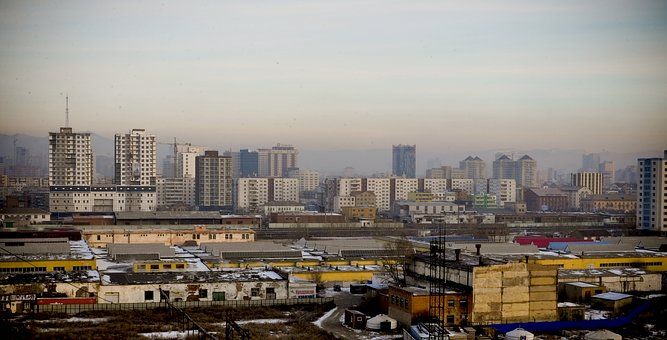Worried about the quality of the air you breathe inside your house? You should not think you are safe simply because you are inside. Different studies indicate that the air inside buildings can be more polluted than the air we breathe outside. Various indoor air pollutants mainly come from gaseous particles like tobacco smoke, air fresheners, building material, paint, and wood-burning stoves. Thus, indoor air pollution can lead to serious health problems.
Read on to learn what happens to your body if you are constantly exposed to contaminated air at home.
Irritation Of Eyes, Nose, And Throat
Exposure to contaminated air inside your home can lead to immediate effects that can show up when you have exposure to any irritants present in the air. Some of these health impacts include irritation of the nose, throat, and eyes. For instance, a wood-burning stove can produce smoke that leads to teary eyes, and you will also experience this burning sensation. A sore throat, dry cough, and sneezing are some of the symptoms of exposure to indoor air pollutants.
Some of the effects of contaminated air are short-term and are easily treatable using natural remedies. If you can identify the source of pollution, the best solution is to stay away from the place, giving your problems until you have the area cleaned thoroughly. You can wash your eyes with water or take some fluids to clear your throat.
Headache, Dizziness, And Fatigue
The other common conditions that can be caused by constant exposure to contaminated air at home include fatigue, headache, and dizziness. Different reasons can contribute to the immediate reaction to indoor air pollutants such as age and other underlying medical conditions. Individual sensitivity can greatly contribute to the way each individual reacts to different environments.
The other issue about the effects of air pollutants is that the symptoms that you may experience are similar to those produced by colds and other viral diseases. For instance, the flu can be a result of air pollution and other factors. However, it may be difficult to establish if the symptoms of certain diseases are caused by exposure to polluted air indoors. For this reason, it is important to monitor the condition of your health and see when you experience the symptoms. If it happens when you are at home, then you should identify the likely causes of pollution in your home.
How To Address Air Pollution Challenges
Inadequate supply of air coming indoors and the air going out can lead to poor circulation. Pollutants can be trapped inside your home, and this can contribute to different health issues. You can address this by installing an appropriate air conditioning system in your home. Expert technicians at a Brisbane air-conditioning company explain that there are different types of air conditioning systems that are designed to improve the quality of air circulation inside homes. There are different types of air conditioners you can choose for your home. If you already have one, you should ensure that it is regularly serviced and it is in good working condition. Faulty air conditioners can contribute to the release of pollutants inside your home, especially if it hasn’t been cleaned and serviced as frequently as it should.
Long Term Effects Of Air Pollution
Other effects of contaminated air do not quickly manifest, and they can show up several years later after exposure. Some of the diseases that can be caused by air pollution in the long term include heart disease, cancer, and other respiratory conditions. Symptoms of diseases like asthma can also show up or worsen after exposure to indoor air pollutants. Some of these conditions can be severe or even fatal if not tended to immediately.
Air pollutants can cause various harmful effects, but there is no certainty about the level of concentration or duration of exposure that can lead to certain health problems. People react to indoor air pollution in different ways. Likewise, it is vital to ensure that your home is well ventilated and free of excessive air pollutants.
The air we breathe consists of invisible particles that can affect our bodies in many ways. For instance, indoor air can be polluted as a result of factors like poor ventilation, tobacco smoke, wood-burning stoves as well as pesticides among others. There are both immediate and long term effects of exposure to contaminated air at home that we can experience. The short term effects include headache, eye, and nose irritation. On the other hand, repeated exposure to contaminated air can lead to cancer, heart disease, and other respiratory conditions. To rectify the problem of contaminated indoor air, you can install a good air conditioning system. You can also improve ventilation in your home to improve the quality of the air you breathe.


